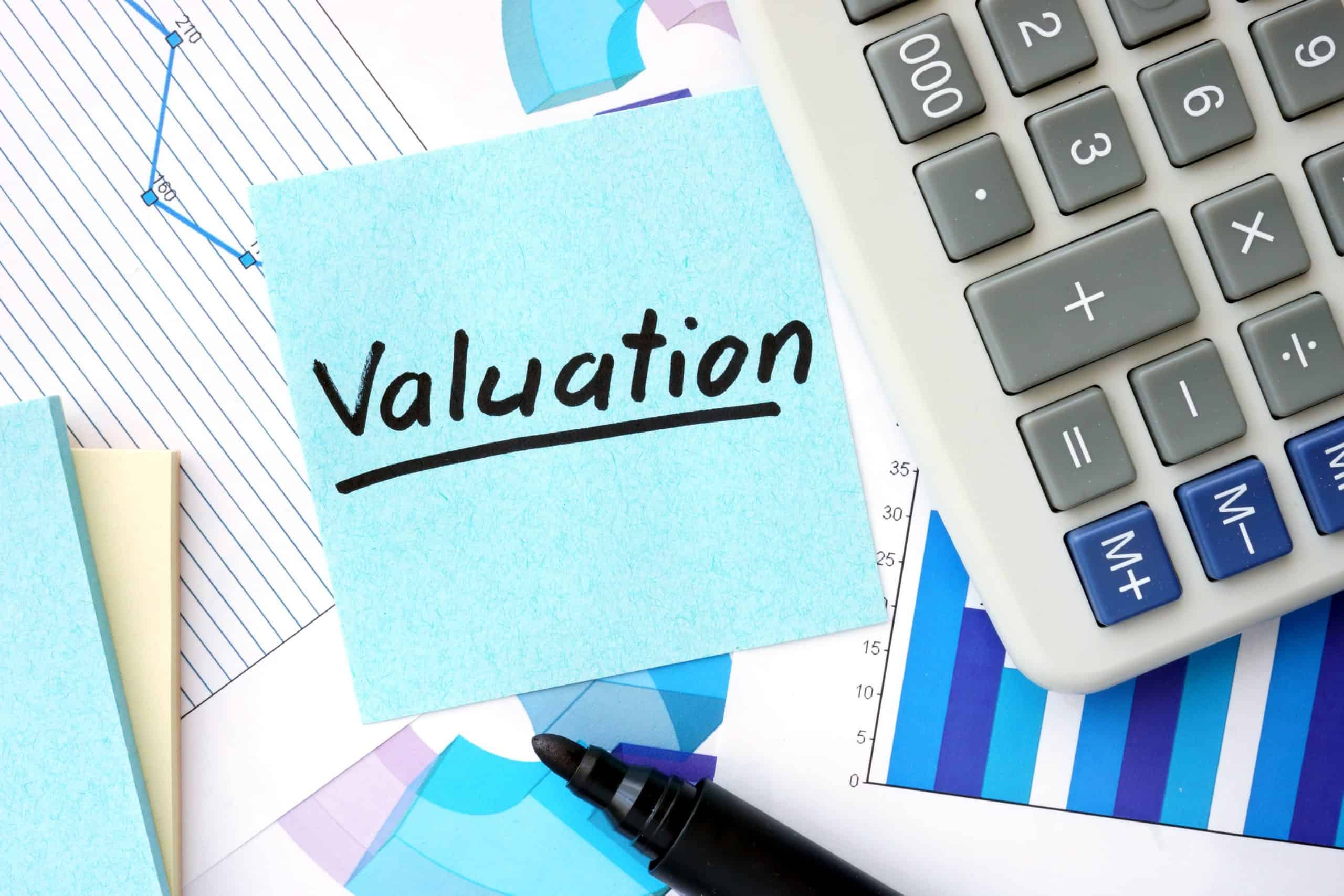A variety of estate planning strategies require having accurate, supportable and well-documented valuations of assets. Indeed, the tax implications of these strategies depend on the fair market value of your assets when they’re transferred.
The values of many assets may be temporarily depressed because of the COVID-19 pandemic. So, now may be an ideal time to gift them, either directly to family members or to irrevocable trusts and other estate planning vehicles. Hiring a qualified valuation expert is essential to updating your estate plan for this limited-time opportunity.
Weighing the pros and cons
On the plus side, transferring assets while values are low allows you to use less of your federal gift and estate tax exemption ($12.06 million for 2022), maximizing the amount available for future gifts or bequests. As the economy recovers and asset values rebound, your beneficiaries should enjoy substantial growth outside your taxable estate.
On the downside, the pandemic has created a situation that’s truly uncharted territory for valuation professionals. Unlike other economic crises in recent years, most of the current economic damage has resulted from lockdowns, business closures and restrictions, and other measures designed to help contain the virus.
Tackling valuation challenges
For business valuation professionals, the current environment presents several challenges, including:
Whether events were known or knowable. A fair market valuation generally doesn’t consider “subsequent events” — that is, events that occur after, and weren’t “known or knowable,” on the valuation date. The effects of the pandemic should be considered when valuing a business or other asset only to the extent that the effects were known or knowable on the valuation date. Experts generally agree that the COVID-19 pandemic wasn’t known or knowable as of December 31, 2019. But that may be difficult to determine for valuation dates in the early part of 2020.
Note that even if an expert concludes that a subsequent event wasn’t known or knowable on the valuation date, professional standards may require the expert to disclose its potential impact on value in his or her report.
Which valuation approach to use. Generally, valuators consider three approaches: the income, market and asset approaches. The pandemic may affect the relative appropriateness of each approach and the amount of weight it should be assigned.
For example, the market approach, which relies on data about actual transactions involving comparable businesses, may be less relevant today if the transactions happened before the pandemic. However, it may be possible to adjust pricing multiples to reflect the pandemic’s impact.
Many valuators are currently emphasizing the discounted cash flow (DCF) method, which involves projecting a business’s future cash flows and discounting them to present value. The advantage of the DCF method is that it provides a great deal of flexibility to model a business’s expected financial performance based on current conditions as well as assumptions about its eventual return to “normal” over the next several years.
Regardless of the method or methods used, it’s important for valuators to consider a business’s available cash and expected cash needs to assess its viability as a going concern. These considerations will be critical in evaluating a business’s risk and the impact of that risk on value.
Getting professional assistance
If you’re unsure how the pandemic has affected the value of your assets, consider obtaining professional valuations. Once you have those in hand, contact your estate planning advisor to make any necessary revisions to your estate plan based on current asset values.
© 2022


